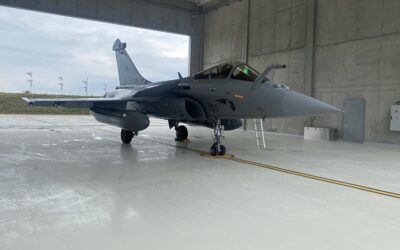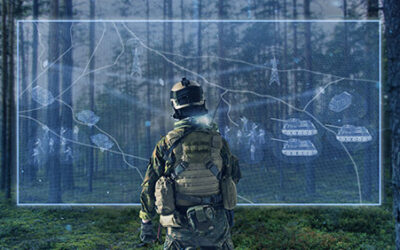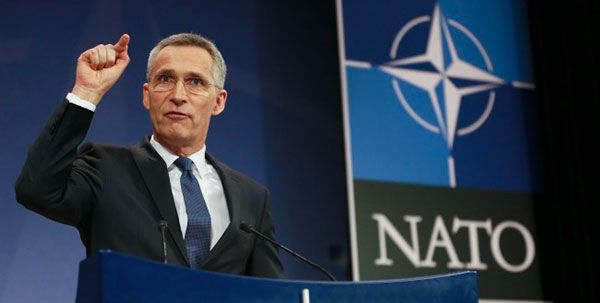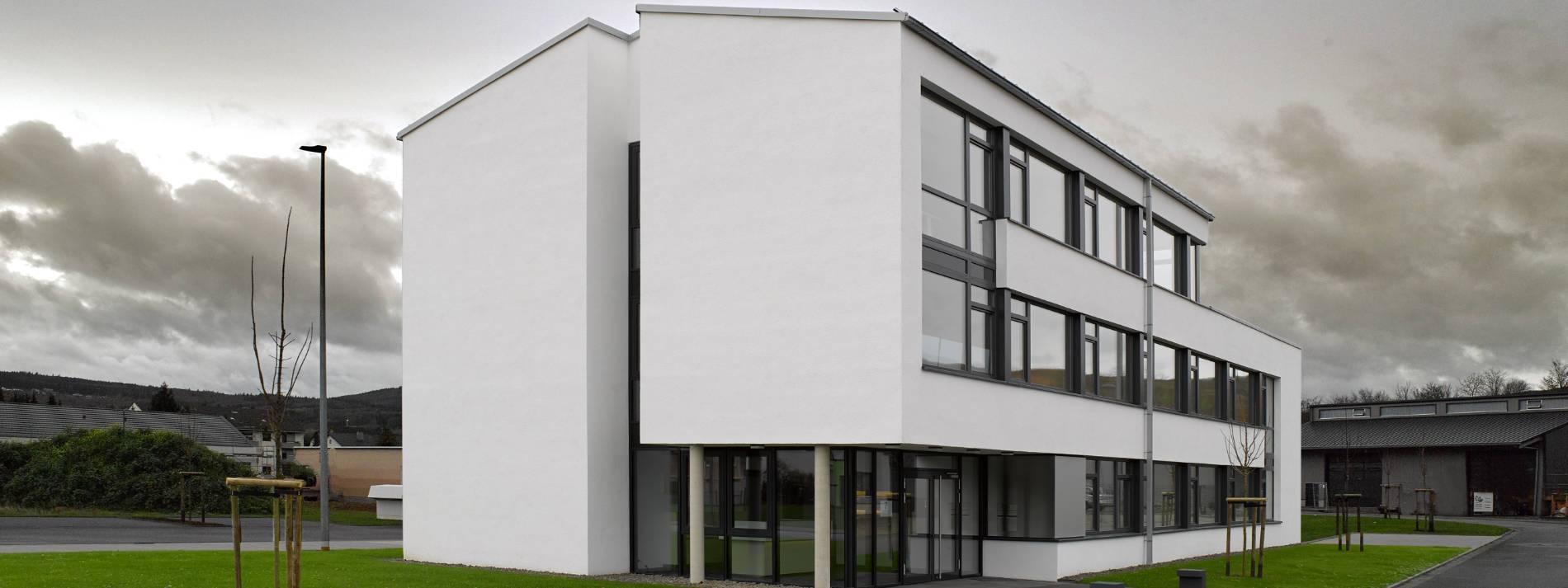U$800 Million for Multiple Location 24/7 Capability
Raytheon is readying itself for the Army-led DoD Persistent Cyber Training Environment (PCTE) programme, for which a draft RfP is expected next summer, with a final version in the autumn of 2019, the company told MTSC during I/ITSEC in Orlando last month.
“This is an U$800 million programme, according to what the Army has already revealed and PEO-STRI just updated industry here this week. We have been showing our capabilities in understanding cyber, in agile development and in the ability to leverage existing expertise – and are getting some very positive feedback,” commented Raytheon Intelligence, Information & Services’ Director of Cyber Training, Don Bray.
The establishment of a Cyber Mission Force was first conceptualised in 2013 and it soon became apparent that the new force would require a standardised, structured process to deliver a trainer-ready force to the warfighter, incorporating multiple locations for 24/7 training capability. The Army, as the lead service for DoD, has already released a Statement of Work, held a further industry briefing during I/ITSEC in Orlando and is on track to kickstart the RfP process as outlined above.
Raytheon demonstrated its capabilities in cyber training in Orlando, offering, “what is basically a replication of the cyber terrain,” in Mr Bray’s words. Leveraging the capabilities of the company’s Cyber Operations Development and Evaluation (CODE) Centre in Dulles, VA, Raytheon is combining cyber range, demonstration and test and evaluation abilities to showcase its agility in software development, its understanding of the cyber domain and the capacity to leverage existing proficiencies.
There is, undoubtedly, a long way to go. Not the lowest item in the hierarchy of needs is an assurance that technology and doctrine can mesh seamlessly to provide what is actually needed, as opposed to what is technically possible. Which is why Raytheon’s approach is an eminently pragmatic one, it seems to MTSC. Mr Bray, whose 35-year career in the US Army included command of the Cyber Protection Brigade, is quite sanguine about his company’s chances. “We can already train individuals and teams from the institutional level all the way through to full scale exercises: we understand cyber; we have a tradition of agile development; and we recognise that it is the human being who provides context – but artificial intelligence is pretty much mature enough and machine learning advanced enough to give us an opportunity to do this – and to do it right,” he told MTSC.
























